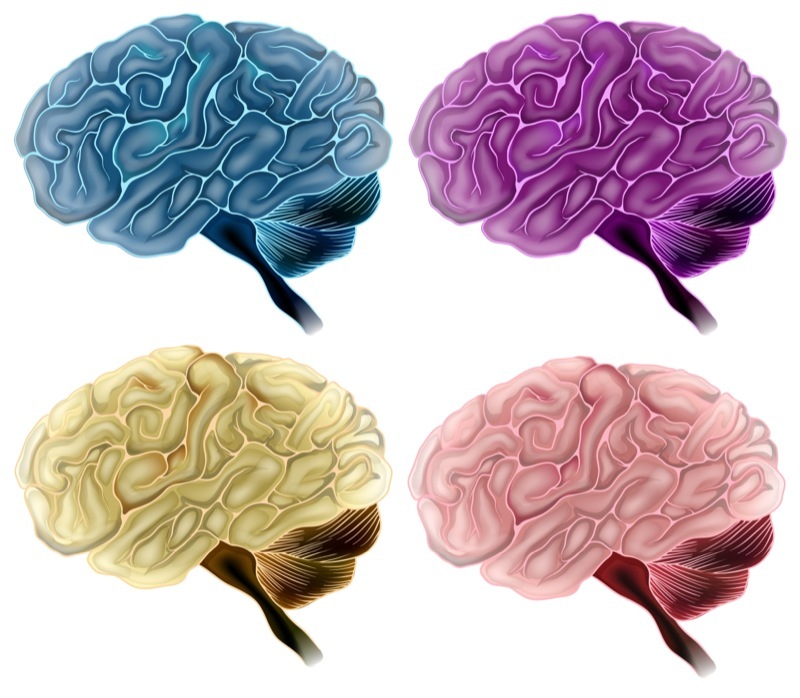Brain Region Crucial to Memory and Cognition Is First to Exhibit Buildup of Alzheimer-linked Proteins, Study Finds
Written by |

A critical but vulnerable brain region seems to be the first area disturbed by late onset Alzheimer’s disease, and to be a region more essential for preserving cognitive function in later life than previously thought, according to a review, “The Locus Coeruleus: Essential for Maintaining Cognitive Function and the Aging Brain,” published in the journal Trends in Cognitive Sciences.
Research on cognitive aging has focused on how the decline in various cortical and hippocampal regions influences cognition. However, brainstem regions play essential modulatory roles, and new evidence suggests that, among these, the integrity of the locus coeruleus (LC)–norepinephrine (NE) system plays a key role in determining late-life cognitive abilities.
The locus coeruleus is the principal site for brain synthesis of norepinephrine (noradrenaline), the neurotransmitter responsible for regulating attention, memory and cognition, as well as heart rate, and the neurons in this region help regulate the activity of blood vessels. As the review’s lead author, Mara Mather, wrote, the high interconnectedness of the locus coeruleus may make it more vulnerable to the effects of toxins and infections than is evident in other brain regions.
According to Dr. Mather, the locus coeruleus is the first region that exhibits tauopathies, a class of neurodegenerative diseases associated with the pathological aggregation of tau protein in the human brain, that can later become Alzheimer’s.
Results from autopsies indicate that most individuals have some early signs of tauopathies in the locus coeruleus by early adulthood, Mather said.
Norepinephrine is a neurotransmitter produced by the sympathetic nervous system in response to stress — whether related to a truly vexing problem or simply a difficult crossword puzzle — and, when released from the locus coeruleus, may contribute to the prevention of Alzheimer’s symptoms. Experiments conducted in rats and mice have revealed that norepinephrine helps protect neurons from factors that kill cells and accelerate Alzheimer’s disease, including inflammation and excessive stimulation from other neurotransmitters.
“Education and engaging careers produce late-life ‘cognitive reserve,’ or effective brain performance, despite encroaching pathology,” Dr. Mather, who holds a joint appointment as professor of psychology at the USC Dornsife College of Letters, Arts and Sciences, said in a news release. “Activation of the locus coeruleus-norepinephrine system by novelty and mental challenge throughout one’s life may contribute to cognitive reserve.”





